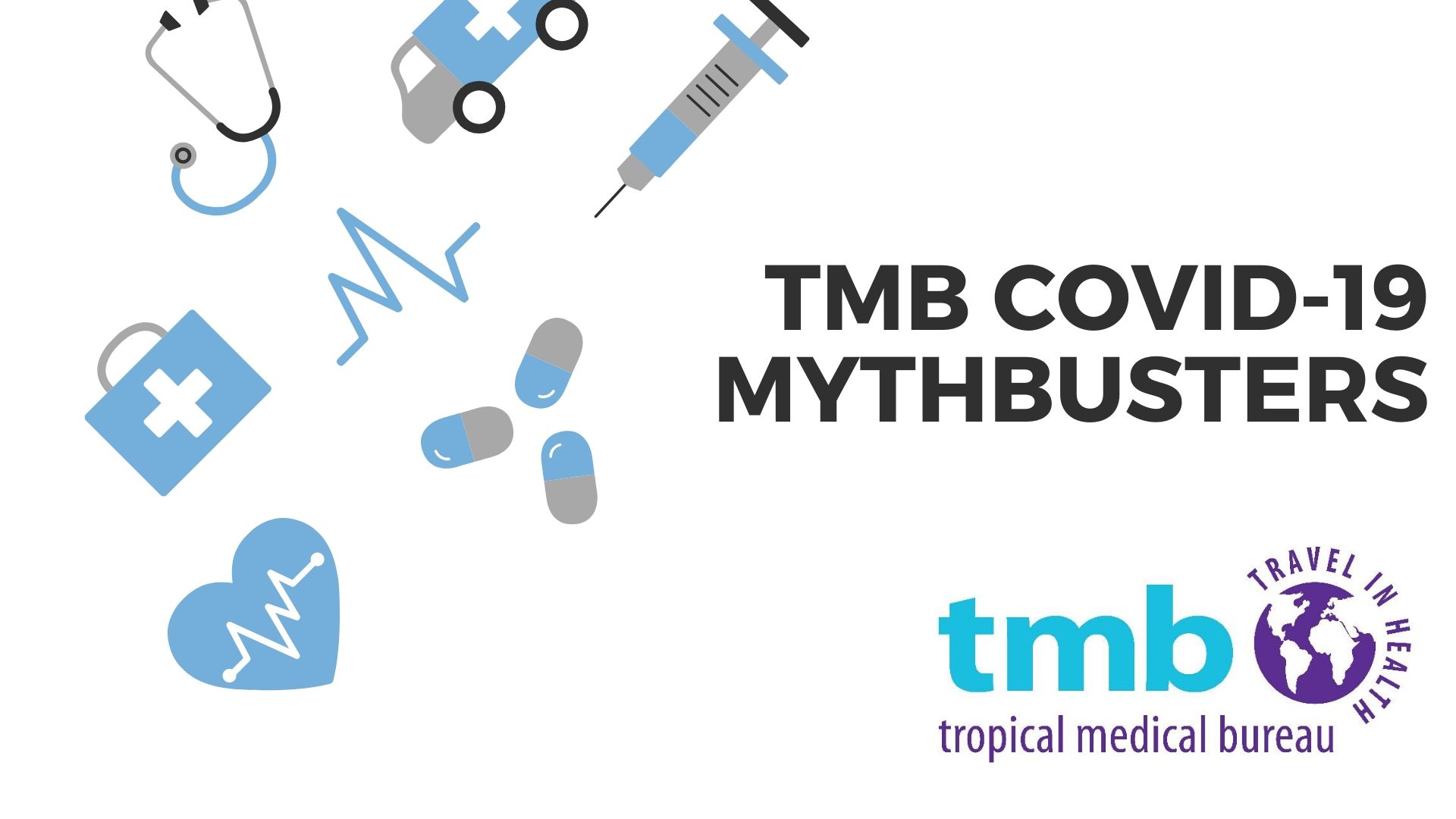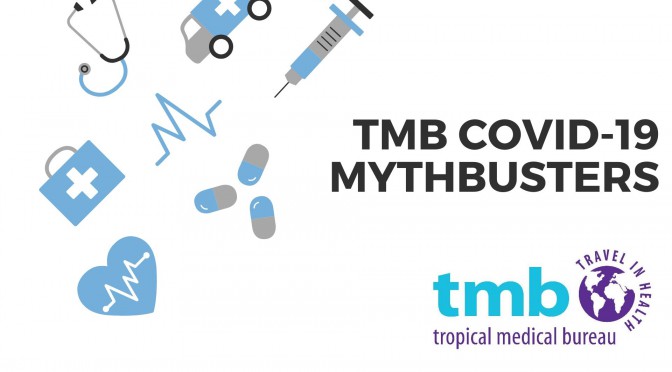
The new coronavirus, Covid-19, was first recognised in December 2019 in China and now has been reported in over 183 countries and territories throughout the world – and likely to infect many more in the days ahead. Many of the more sensible commentators have outlined that the risk of contracting Covid-19 is small and, in most cases, the disease it is not life-threatening. However, social media is overflowing with advice regarding Covid-19, and the facts which we should be trusting are often diluted by the mass of misinformation and doing the rounds. Because of this, we have decided to put together this blog of Coronavirus facts and myths.
Should you lock yourself away from humanity until the virus is controlled or can you, with sensible precautions, get on with your life? Are these the ‘final days’ and is humanity doomed? The travel industry has taken a massive knock and one main concern affecting this is, to misquote Shakespeare, “To Travel or Not to Travel? That is the question.”
So, let’s try to dispel some of the more common myths which are circulating and see can we get a bit of perspective to the situation…
Myth – Getting Covid-19 is a death sentence
Current information shows that only very few of those who contract this disease will die. This is mainly in the more vulnerable people – those who have an underlying health condition or are in older age. For the majority of those infected, the virus will result in typical Flu symptoms and should be fine with treatment.
Myth – Covid-19 is more contagious than the Flu or Measles
The latest information shows that it is more contagious than Flu, but a lot less than Measles. Remember, annually the Flu infects about 1 billion people with over ½ million deaths worldwide.
Myth – If one person on a plane or in a train has the disease everybody will be infected
The risk is extremely high for those within 1m of an infected person who is coughing or sneezing openly. However, if an individual uses tissues or coughs/sneezes into the elbow region, the risk will be considerably lowered.
Myth – Hand gels are the best means of protecting myself
While good quality hand-gels are helpful, careful washing of your hands, avoiding touching your face and staying away from those with obvious symptoms (flu like illness, coughing, runny eyes, fever etc) is the best way to avoid contracting the illness.
Please Note: hand gels are not effective if your hands are visibly soiled or very dirty.
Myth – Face masks will protect me from contracting Covid-19
Unless you are using a very specialised face mask, the air surrounding you will leak in around the edges of the mask and it is just as though you were not using the mask at all. Masks are helpful to catch some of the virus particles from those who already have the disease and are coughing but they need to be changed regularly and very carefully, otherwise they are a risk factor. If you are healthy, you only need to wear a mask if you are taking care of a person with suspected Covid-19 infection.
Myth – If I buy food in the supermarket and then boil or cook it for our meals that should kill any virus that might be lurking
This is true but, the problem may be from you handling the food before it is heated. Take care and wash your own hands regularly after touching anything which could have been contaminated. This hand washing advice is hugely recommended after using public transport or after being on an escalator.
Myth – There is a homeopathy vaccine available
Currently, there is absolutely no vaccine available against coronavirus Covid-19 at this time and there is not likely to be one available for some time.
Myth – All vaccines are useless against Covid-19
Technically at this time that is perfectly correct. However, we do know that most of the serious cases with this respiratory viral disease are among those with an underlying health issue. For example, in many of the more serious cases of Flu it may not be the virus itself which kills the individual but, rather an associated or secondary bacterial infection. The illness associated with Covid-19 may leave that individual more at risk of other infectious diseases. On that basis it is wise for those at a particular risk to ensure they are up to date with the yearly Flu vaccine but also to consider having vaccination cover against Pneumococcal disease which is a serious bacterial infection affecting the respiratory system
Myth – International travel is a huge risk and should always be avoided
At this time, the risk of contracting the disease from undertaking flights or visiting most countries of the world is known to be minimal. It is wise to avoid regions where there is a very significant amount of cases being reported but, for most destinations, the risk remains very small.
Myth – Covid-19 is the most deadly disease to hit mankind
While Covid-19 is spreading quickly in some regions of the world and has a mortality rate of 2-3%, it is still not by any means as deadly as other diseases. For example, SARS killed 10% of those who became infected and MERS is responsible for between 30% to 40% of deaths among those who get the disease.
Myth – The new coronavirus can be transmitted through goods manufactured in China or any country reporting Covid-19 cases
Even though Covid-19 can last on surfaces from a few hours up to several days (depending on the type of surface), it is highly unlikely that the virus will persist on a surface after being moved, travelled, and exposed to different conditions and temperatures. If you think a surface may be contaminated use a disinfectant to clean it. After touching it, clean your hands with an alcohol-based hand rub or wash them with soap and water.
Myth – Coronavirus Covid-19 can be transmitted through mosquito bites
Coronavirus Covid-19 cannot be transmitted through mosquito bites. To date there has been no information nor evidence to suggest that it could be transmitted by mosquitoes. Covid-19 is a respiratory virus which spreads primarily through droplets generated when an infected person coughs or sneezes, or through droplets of saliva or discharge from the nose.
Myth – Eating garlic can help prevent infection of the new coronavirus
Garlic is a healthy food that may have some antimicrobial properties. However, there is no evidence from the current outbreak to suggest that eating garlic has protected people from coronavirus Covid-19.
Myth – Cocaine can protect against a coronavirus
Cocaine cannot protect against any coronavirus or other infective diseases. It is an addictive, dangerous drug that should not be used under any circumstances.
For more travel health tips and advice call your local TMB clinic and book in to speak with one of our qualified professionals.
To book an appointment for vaccinations and see a list of our base and associate clinics, please contact Tropical Medical Bureau on 00-353-1-2715-200 or visit our website www.tmb.ie

